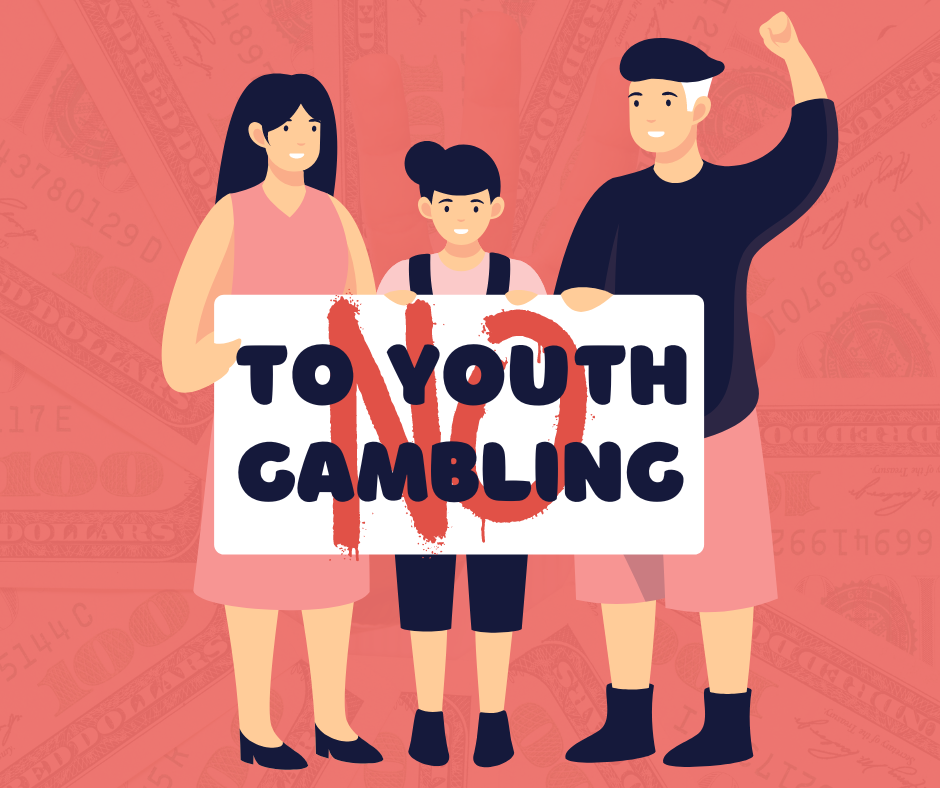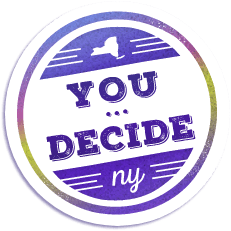
September is Recovery Month! This month is dedicated to focusing on individuals and families in recovery from addiction. This is an exciting time to celebrate the successes and the challenges that were overcome on the journey of recovery from problem gambling and other addictions.
Recovery
Recovery is when someone abstains from, or reduces, behaviors that have become harmful, such as gambling. Recovery from gambling is when someone has identified the gambling harm that has been a result of their gambling behavior. This gambling harm can be in the form of financial difficulties, as well as damage to relationships, academic performance, employment, and mental health.
Recovery can be an exciting journey met with many obstacles and challenges to overcome. For many people, recovery is seen as an individual’s journey that they take with the support of their community. This community can include family, friends, Gamblers Anonymous, and other peer and professional support services.
Celebrating Recovery
Recovery deserves celebration. Whether a person has been in recovery for a week or 10 years, the struggle exists on a day-to-day basis. We celebrate the fact that these individuals and their recovery community have worked together to help one another stay healthy.
Recovery and Youth
Focusing on youth and recovery is important because youth struggle with addiction at twice the rate of the general population. Additionally, youth can become addicted to gambling much quicker than the general population.

One reason youth may get addicted to gambling at a faster rate is their are very good with technology. The increased availability of gambling online, which includes full casinos, mobile sports and esports betting, and daily fantasy sports, to name a few, has made gambling much easier and more available than ever before.
A second reason is having disposable income. As youth increase their chores and allowance and/or they get a job that compensates with a paycheck, they have increasing disposable income. Their income is disposable because many youth have limited or no financial responsibilities. They may or may not have a car payment or car insurance, and they’re probably not paying for rent, utilities, food, or anything else required to live a healthy daily life.
Third, their friends may be gambling. During natural brain maturation, the later years of brain development (from teenage up to mid 20s), youth rely heavily on peer support and connections. Some of this support may come in the form of peer pressure. Most of us had heard the question, “if your friend would jump off a bridge, would you jump too?” The truth is that many times the answer is yes. This is because of normal human brain development, which includes youths’ increasing need for social connection. Therefore, if their friends are gambling, it is very likely that they will be gambling too.
Because of these reasons, and many others, youth are considered an increased risk population for gambling, and a much higher risk for gambling harm.
Warning, Signs and Consequences
Some warning signs are very simple. These could include family withdrawal, decreasing grades, struggles with relationships, poor health maintenance, and even signs of hurting themselves. It’s also important to listen to what youth are saying and the language that they’re using. Some language to listen for can include sports gambling terms[SC1] [BR2] [SC3] [BR4] [5] and terms used for gambling in gaming. If a parent or other adult is hearing language in terms that are related to gambling, it might be a great time to have a discussion about gambling.

Some of the possible consequences of youth gambling are the progression to gambling addiction, increasing depression and/or anxiety, and possible thoughts of suicide. It is because of these reasons we believe it is imperative that we have conversations with youth regarding gambling and express our disapproval for youth gambling. Youth do not know what they don’t know. They may not know that gambling is risky, and they may not know that there are consequences to youth gambling.
Youth may be unaware that their parents and other loved ones disapprove of gambling. They may not know any of this until a loving adult sparks a conversation about youth gambling.
Participating in Recovery Month
The New York Council on Problem Gambling is hosting a Recovery Picnic on September 9, 2023. This picnic will take place in Bowdoin Park in Wappingers Falls, NY. All are welcome. Anyone interested can learn more about this event via the NYCPG’s Recovery Picnic FLYER, and register to this FREE event HERE.
There are many additional ways to participate in Recovery Month, which can be found on the NYCPG Recovery Month webpage. Some activities include:
- Helping loved ones use an eScreener that can help identify the severity of an individual’s gambling harm,
- Sharing social media posts on Recovery Month, and
- Learning more about the NYCPG’s available resources to support professionals.
Recovery Support
If you or someone you know is struggling with a gambling problem, there is help and hope. There are many resources and services available in New York State, all of which can be offered to anyone interested via the Problem Gambling Resource Center. Interested people can learn more at NYProblemGamblingHELP.org or by calling 1-833-HereToHelp.
